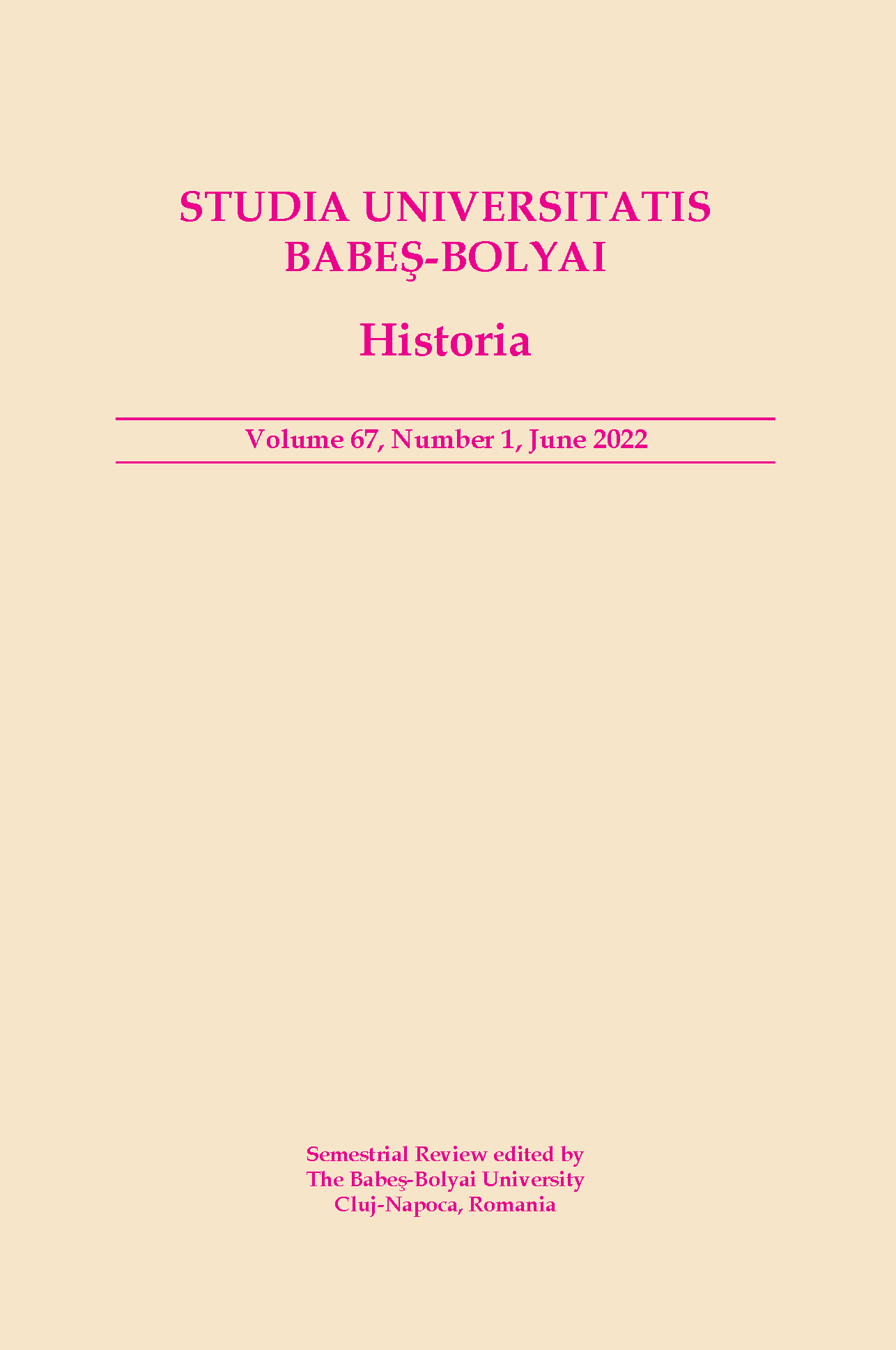MARIETTA SADOVA: FASCIST IDENTITIES AND POLITICAL COMPROMISE IN COMMUNIST ROMANIA
MARIETTA SADOVA: FASCIST IDENTITIES AND POLITICAL COMPROMISE IN COMMUNIST ROMANIA
Author(s): Andrei DălălăuSubject(s): Political history, Post-War period (1950 - 1989), History of Communism, Fascism, Nazism and WW II
Published by: Studia Universitatis Babes-Bolyai
Keywords: communism; cultural politics; fascism; Marietta Sadova; repression; theatre;
Summary/Abstract: After a brief period of liberalization in 1956, cultural politics in communist Romania went through an ideological radicalization between 1958 and the early 1960s, which led to intimidation campaigns, arrests, trials, and condemnations of several groups of interwar intellectuals. Director and actress Marietta Sadova was convicted in the 'Noica-Pillat' trial in March 1960. This paper aims to unravel the complex interaction between culture and politics through a qualitative analysis of Marietta Sadova's case study. The focus will be on the Securitate's surveillance, coercion methods, and narrative construction on one hand and the artist's surviving fascist identity, compromises made to survive, and the validity of cultural niches of existence on the other. The theoretical and methodological apparatus is built on new historiographical approaches to communist repression, including the ability of the secret police to construct and politically instrumentalize guilt narratives. The results suggest that the interaction between the interwar intellectuals and the communist authorities was neither unidirectional nor unitary but multi-layered and mutually depended on negotiations and concessions, as well as on the secret police agents' newly acquired methods of creating and repressing 'hostile' social networks.
Journal: Studia Universitatis Babes-Bolyai - Historia
- Issue Year: 67/2022
- Issue No: 1
- Page Range: 157-178
- Page Count: 22
- Language: English

